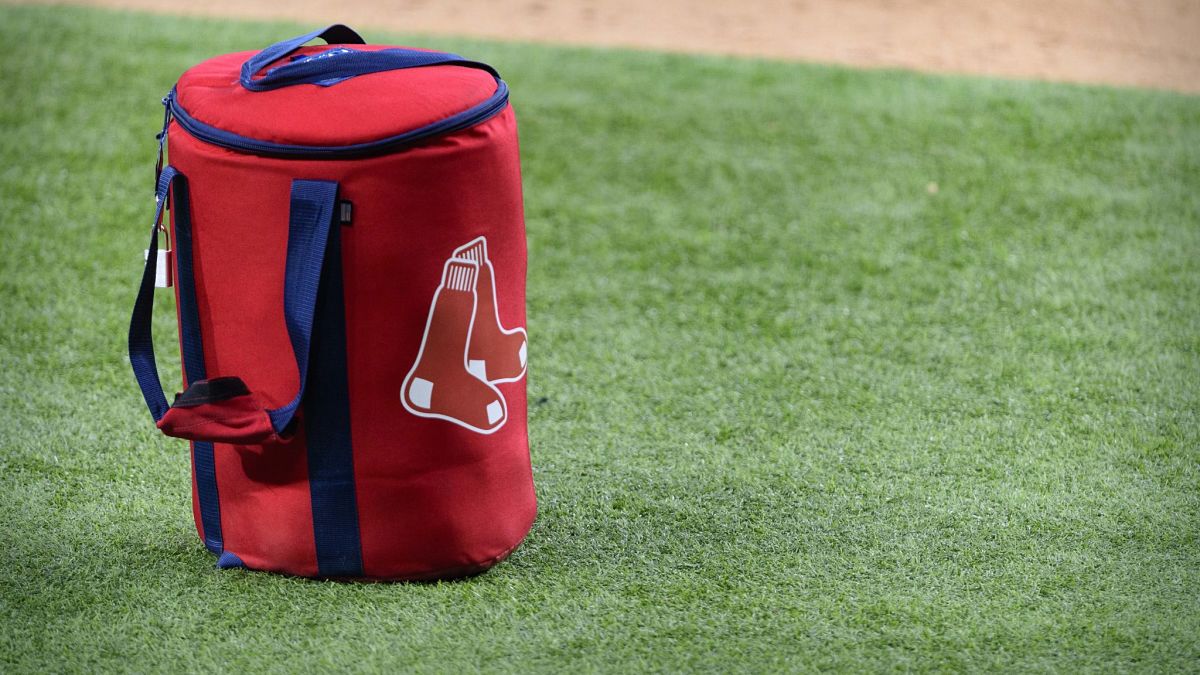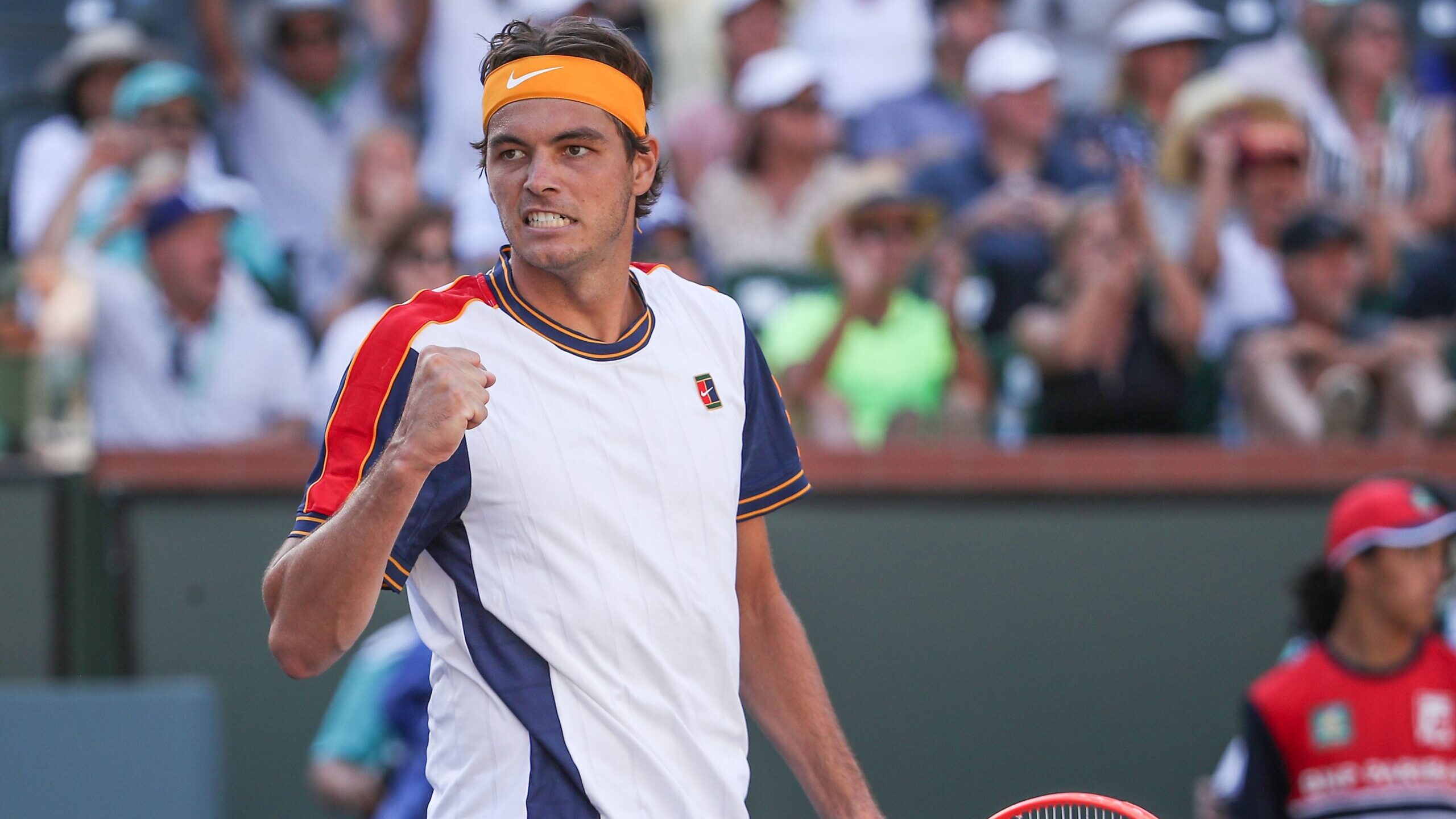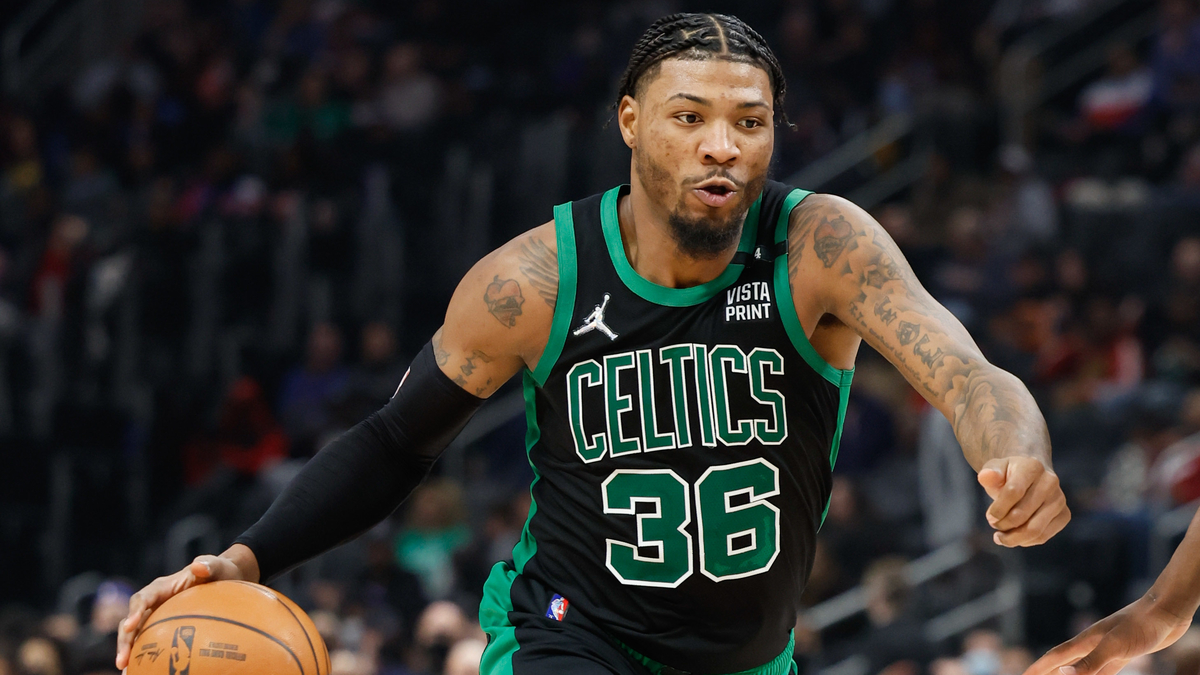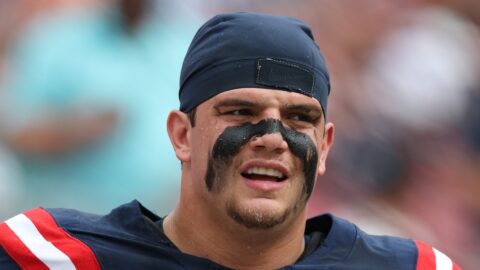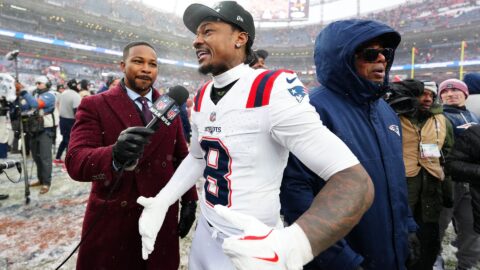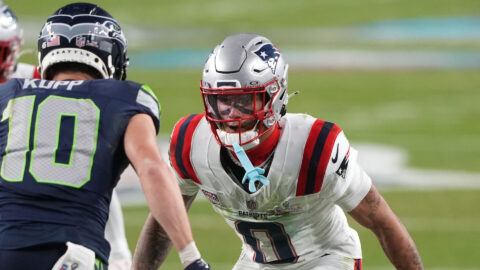Will the Red Sox make a splash before Opening Day? As part of our "free agency fits" series, we're examining whether several top players remaining on the open market make sense (or don't make sense) as Boston builds its roster for the 2022 Major League Baseball season.
Seiya Suzuki might be the most fascinating free agent available this offseason.
The Japanese outfielder is set to jump from Nippon Professional Baseball to Major League Baseball after the MLB lockout ends, and while it's difficult to project how international players will perform upon arriving in the United States, Suzuki has both an intriguing track record and a transferrable skill set.
It makes sense, then, that Suzuki is generating interest from teams in both the American League and National League, with the Red Sox reportedly among the clubs that have "thoroughly" scouted the 27-year-old in anticipation of his impending career move.
So, does Boston make sense as a landing spot? Let's examine.
Info
Position: OF
Age: 27 (Aug. 18, 1994)
Height: 5-foot-11
Weight: 182 pounds
Bats: Right
Throws: Right
2021 stats (with Hiroshima Carp)
132 games (533 plate appearances)
.317/.433/.639
38 HRs, 88 RBIs, 9 SBs
Career stats (in NPB)
902 games (3,539 plate appearances)
.315/.414/.570
182 HRs, 562 RBIs, 82 SBs
Why Suzuki makes sense for Red Sox:
The Red Sox definitely could use another outfielder after trading Hunter Renfroe to the Milwaukee Brewers for Jackie Bradley Jr. and two prospects. Otherwise, Boston would be putting a lot of pressure on JBJ to bounce back from a lackluster 2021. And Suzuki checks a lot of boxes -- all at what could be a reasonable rate, relatively speaking, so long as the Red Sox are comfortable assuming the inherent risks involved with dipping into the international free agency waters.
Suzuki is a right-handed hitter -- something Red Sox chief baseball officer Chaim Bloom acknowledged would be Boston's preference after swapping Renfroe (a righty) for Bradley (a lefty) -- with decent pop and solid plate discipline, a welcome offensive profile for a lineup that too often chased pitches and failed to accept free passes in 2021. Suzuki walked more times (262) than he struck out (242) over his last three seasons in Japan, helping him maintain an on-base percentage well north of .400.
Suzuki is no slouch defensively, either, winning four NPB Gold Glove Awards in right field. One realistically could expect Suzuki to be an upgrade over Renfroe in that regard, as the latter frequently showcased a rocket arm but sometimes struggled to handle Fenway Park's idiosyncrasies. An outfield quintet of Suzuki, Bradley, Alex Verdugo, Jarren Duran and Kiké Hernández -- however it's deployed -- is strong on paper.
FanGraphs' Dan Szymborski recently used his ZiPS system to project the first five seasons of Suzuki's MLB career and determined the translations "put him in the .280 to .290 range in batting average -- almost Wade Boggs in 2020s MLB -- with 20-30 homers per year and an OBP somewhere around .350." All in all, it equates to a player with a WAR mostly in the 2.0-2.5 range -- and one Szymborski believes "makes a lot of sense" for the Red Sox based on their current outfield situation.
According to Szymborski, Boston's playoff probability would improve by 9.6% with Suzuki on the roster in 2022. Not bad.
Why Suzuki doesn't make sense for Red Sox:
Despite the rave reviews, the lofty projections and any other scouting intel available, there's always the question of whether a player coming over to the United States will be able to adapt. It's obviously a tough transition, with on-field and off-the-field differences serving as possible hurdles.
For instance, what if Suzuki doesn't adjust well to major league velocity? Or what if the heightened pressure becomes too much, particularly if he joins a big-market franchise? There also are valid questions about Suzuki's power ceiling given his line-drive tendencies.
That risk usually is baked into the price tag. But we're still talking about a fairly significant financial expenditure, and not every team has the appetite for such an investment when factoring in the "bust" potential.
MLB Trade Rumors' Tim Dierkes projected in November, at the beginning of free agency, that Suzuki would land a five-year, $55 million contract. Which, when coupled with the requisite $10.125 million posting fee for such a deal, would mean a $65.125 million investment. For the sake of argument, let's round up and put the total cost in the $70-80 million range.
That's a reasonable price, if Suzuki makes good on his promise, but one that could wind up being hazardous should he flop in MLB. A careful cost-benefit analysis is vital.
Verdict: Very good fit.
Prediction: Suzuki signs with the San Francisco Giants.

